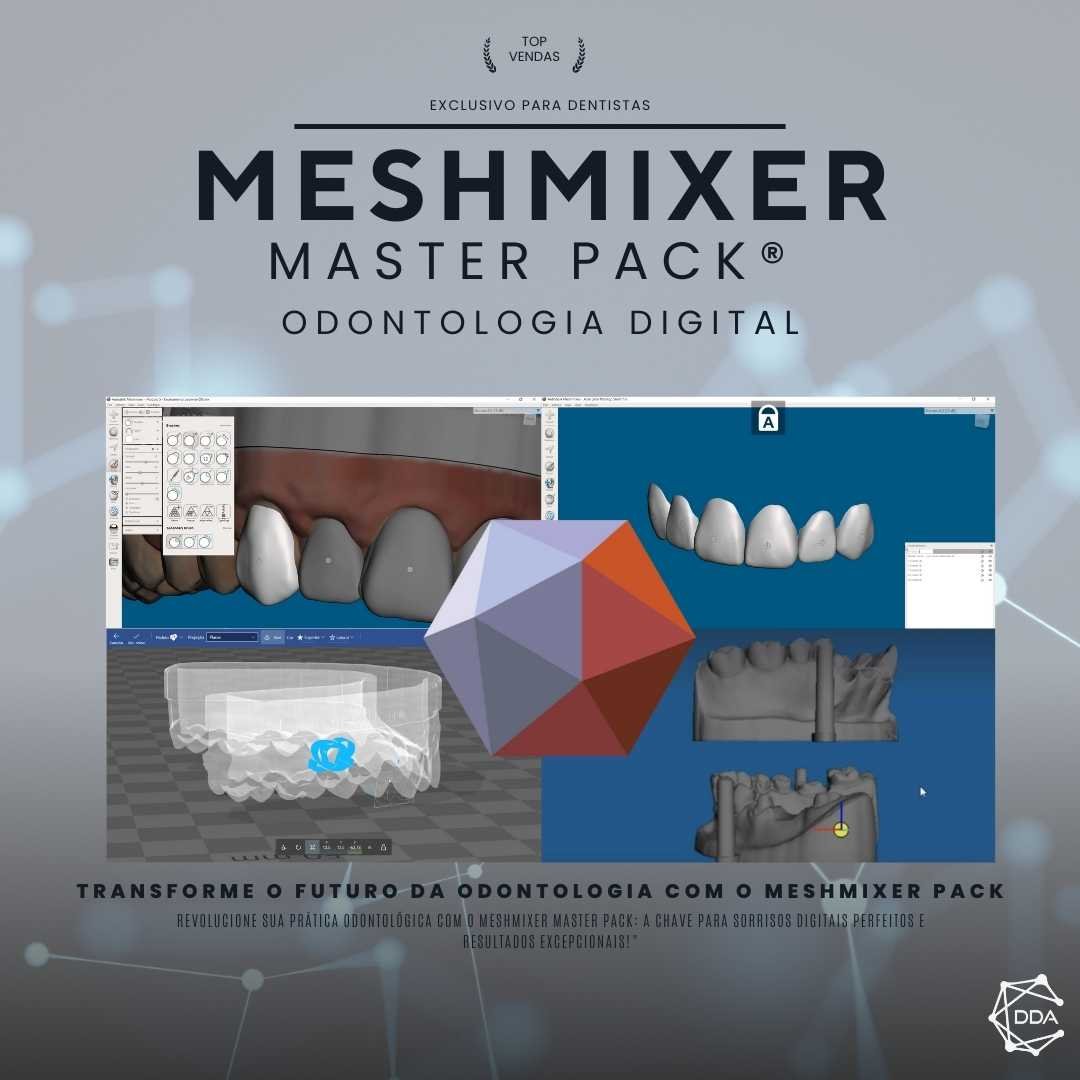What is Biomaterials?
Biomaterials are materials that are designed and developed for use in medical applications, such as implants, prosthetics, medical devices, and drug delivery systems. These materials are designed to interact with the human body in a safe and effective way, promoting healing and improving the quality of life of patients.
Types of Biomaterials
There are different types of biomaterials, each with their own characteristics and properties. Some of the main types of biomaterials include:
Metals
Metals are widely used in the manufacture of biomaterials due to their strength, durability, and compatibility with the human body. Some examples of metals used in biomaterials include titanium, stainless steel, and cobalt-chromium alloys.
Polymers
Polymers are organic materials composed of chains of repeating molecules. They are widely used in the manufacture of biomaterials due to their versatility, biocompatibility, and ability to be molded into different shapes and sizes. Some examples of polymers used in biomaterials include polyethylene, polyurethane, and silicone.
Ceramics
Ceramics are inorganic materials composed of metallic and non-metallic atoms. They are widely used in the manufacture of biomaterials due to their strength, biocompatibility and ability to withstand high temperatures. Some examples of ceramics used in biomaterials include alumina, zirconia and hydroxyapatite.
Hybrid compounds
Hybrid composites are materials that combine different types of biomaterials, such as metals, polymers, and ceramics. These materials are designed to take advantage of each type of biomaterial, providing unique properties and improving the performance of the biomaterials.
Biomaterials Applications
Biomaterials have a wide range of applications in the medical field. Some examples of biomaterial applications include:
Implants
Implants are medical devices that are inserted into the human body to replace or repair damaged tissues or organs. Biomaterials are widely used in the manufacture of implants, such as hip replacements, cardiac stents, and heart valves.
Prosthetics
Prosthetics are medical devices that are used to replace parts of the human body that have been lost due to injury, disease, or birth defects. Biomaterials are used in the manufacture of prosthetics, such as prosthetic limbs, dental prostheses, and prosthetic eyes.
Medical devices
Medical devices are equipment used for the diagnosis, treatment, and monitoring of medical conditions. Biomaterials are used in the manufacture of medical devices such as catheters, drainage tubes, and glucose sensors.
Drug delivery systems
Drug delivery systems are devices that are used to administer drugs in a controlled and targeted manner into the human body. Biomaterials are used in the manufacture of drug delivery systems, such as sustained-release implants and microcapsules.
Conclusion
In summary, biomaterials play a key role in the medical field, providing innovative solutions for the treatment of diseases and injuries. With their wide range of applications and unique properties, biomaterials continue to advance and improve the quality of life of patients.


